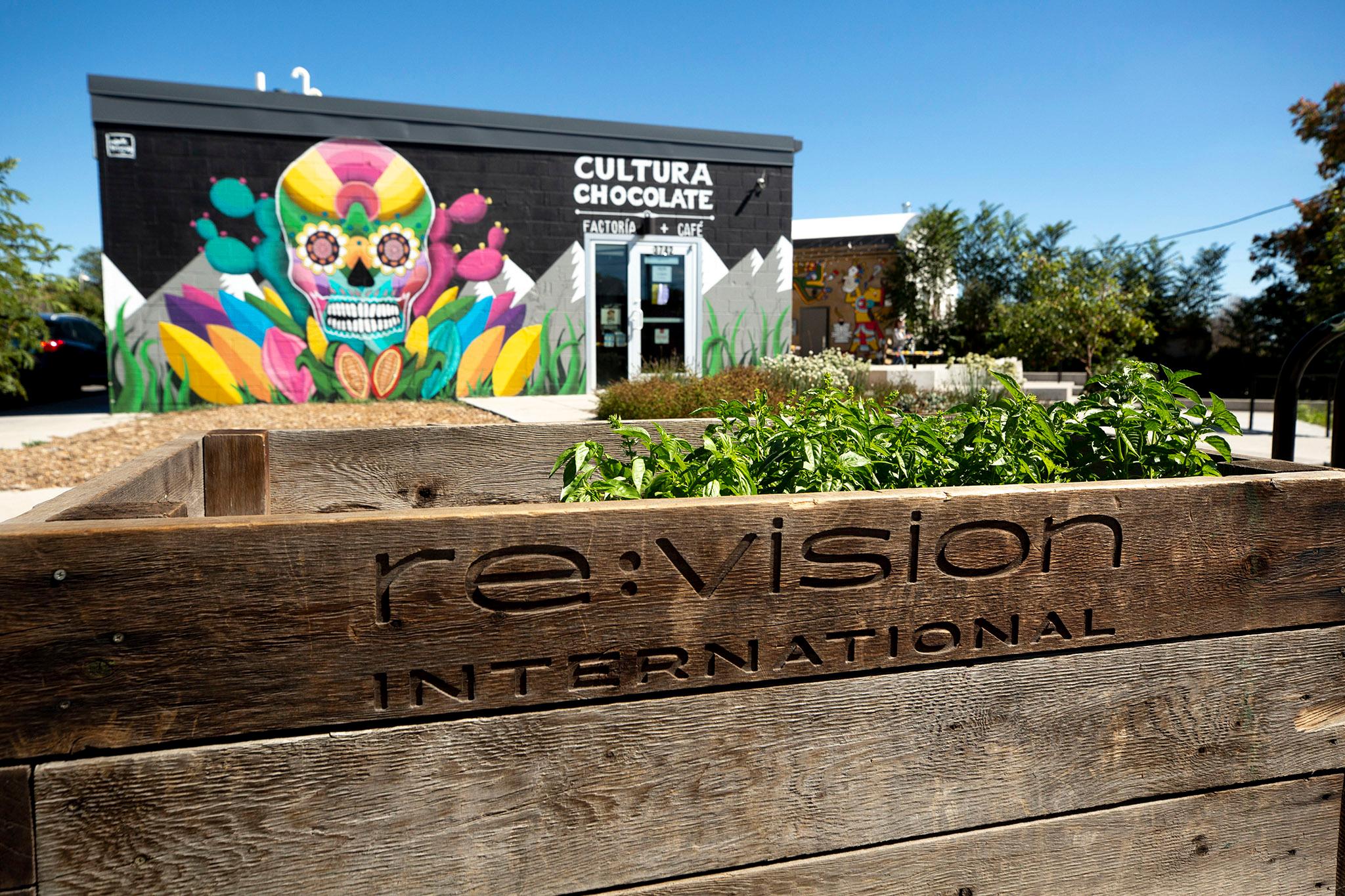When the Chicano Humanities and Arts Council announced it ws moving to Lakewood, it was clear that even nonprofits weren't safe from rising rental costs.
The center served as a hub for artists since 1978, but as CHAC Education Director Arlette Lucero previously said, "We got gentrified... We got priced out."
So how do nonprofits that serve underrepresented communities stay in those communities? One way is by partnering.
This month, Re:Vision, a Westwood nonprofit that focuses on improving food access and food security, and the Urban Land Conservancy, a real estate nonprofit that aims to preserve communities and prevent displacement, announced they'd be collaborating through a real estate partnership that allows each organization, especially Re:Vision, to continue benefiting the westside.
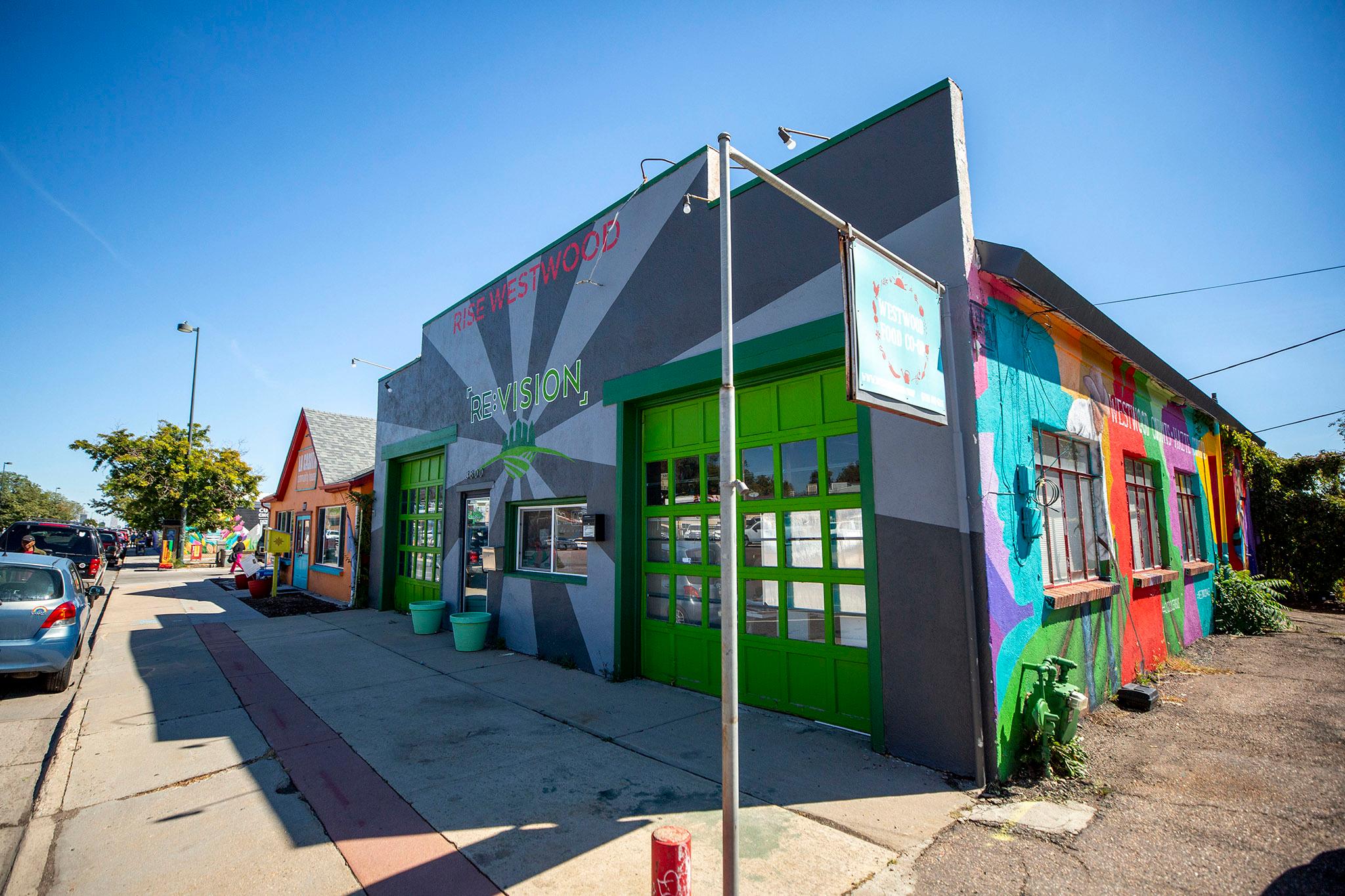
"This partnership has been years in the making," said Sarah Harman, ULC's vice president of real estate. "I think it was around 2019 that ULC and Re:Vision really started talking about what we might do together. And that brainstorming resulted in this new partnership with Re:Vision and ULC's continued and deepened engagement with the Westwood neighborhood."
Re:Vision, which started in 2007, owns and operates the RISE Westwood Campus, a community hub that hosts an urban farm, the nonprofit's no-cost grocery, Cultura Chocolate, a commissary kitchen and several other businesses and community needs. The campus was previously a junkyard, and Re:Vision purchased the site with a $1.2 million loan from the city in 2014 with some stipulations, one being the nonprofit had to use the site for community use.
The nonprofit intends to do that, but according to JoAnna Cintrón, Re:Vision's former executive director, more can be done on the site to benefit the community.
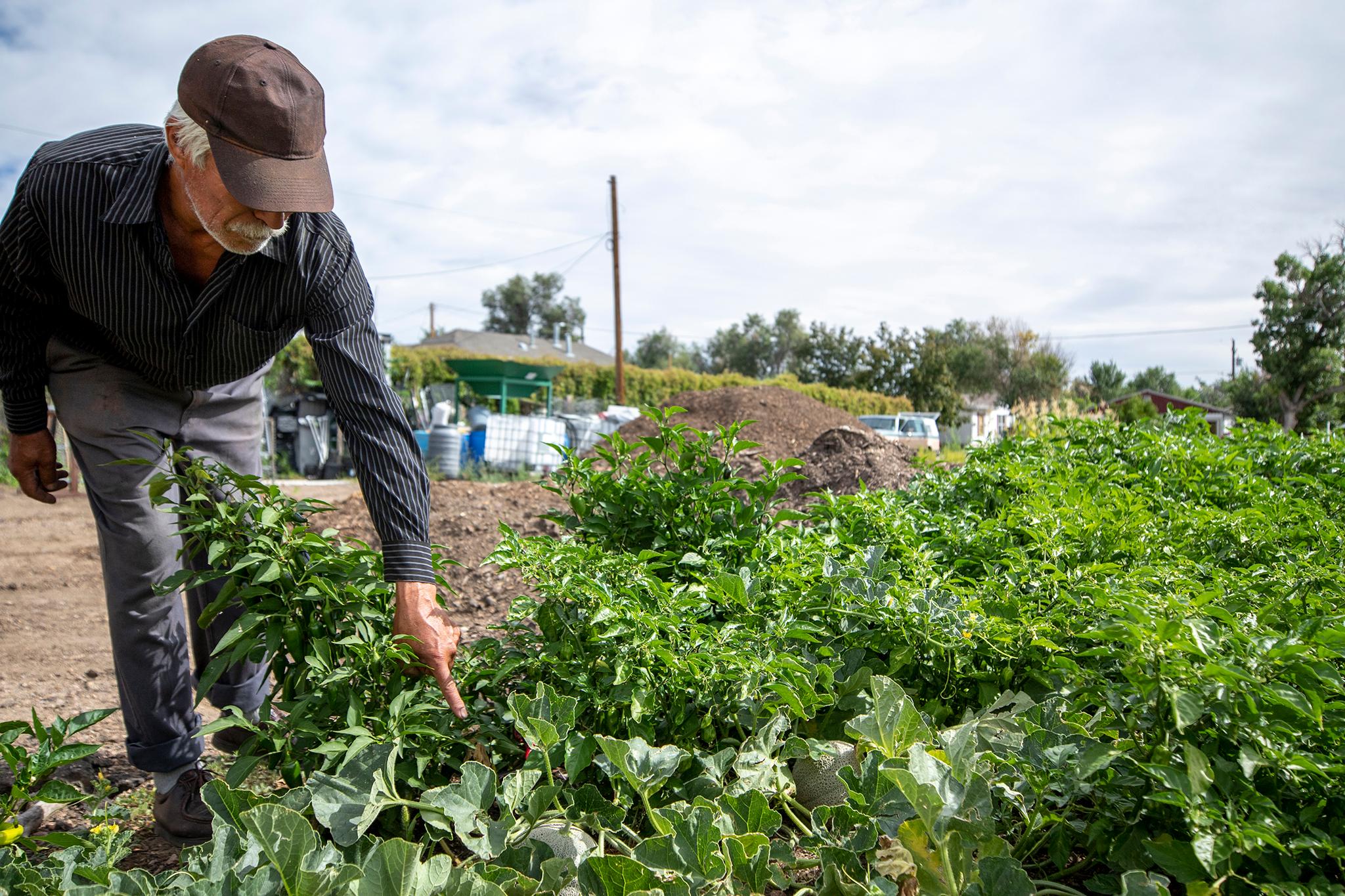
Cintrón said Re:Vision began wondering how it could incorporate more things into the campus that would serve the community. Re:Vision already focuses on food access and entrepreneurial development, but Cintrón added that overall Re:Vision cares about health equity, which includes housing and mental health services. She looked toward Montbello's FreshLo Hub project, which will soon host affordable housing, food access and community space in one building.
"We could keep the property how it is, but we knew that that wouldn't really serve all the needs it could," Cintrón said. "What we offer is fantastic, but we all thought, even the city, that the land can be used for so many other things. So we started thinking, are we really the best people to start thinking about developing this land and if we do, how do we maintain our programming?"
That's where ULC stepped in.
Through their agreement, Re:Vision will continue owning the buildings on the RISE campus, and the land will continue to be reserved for community use through a 99-year ground lease provided by ULC.
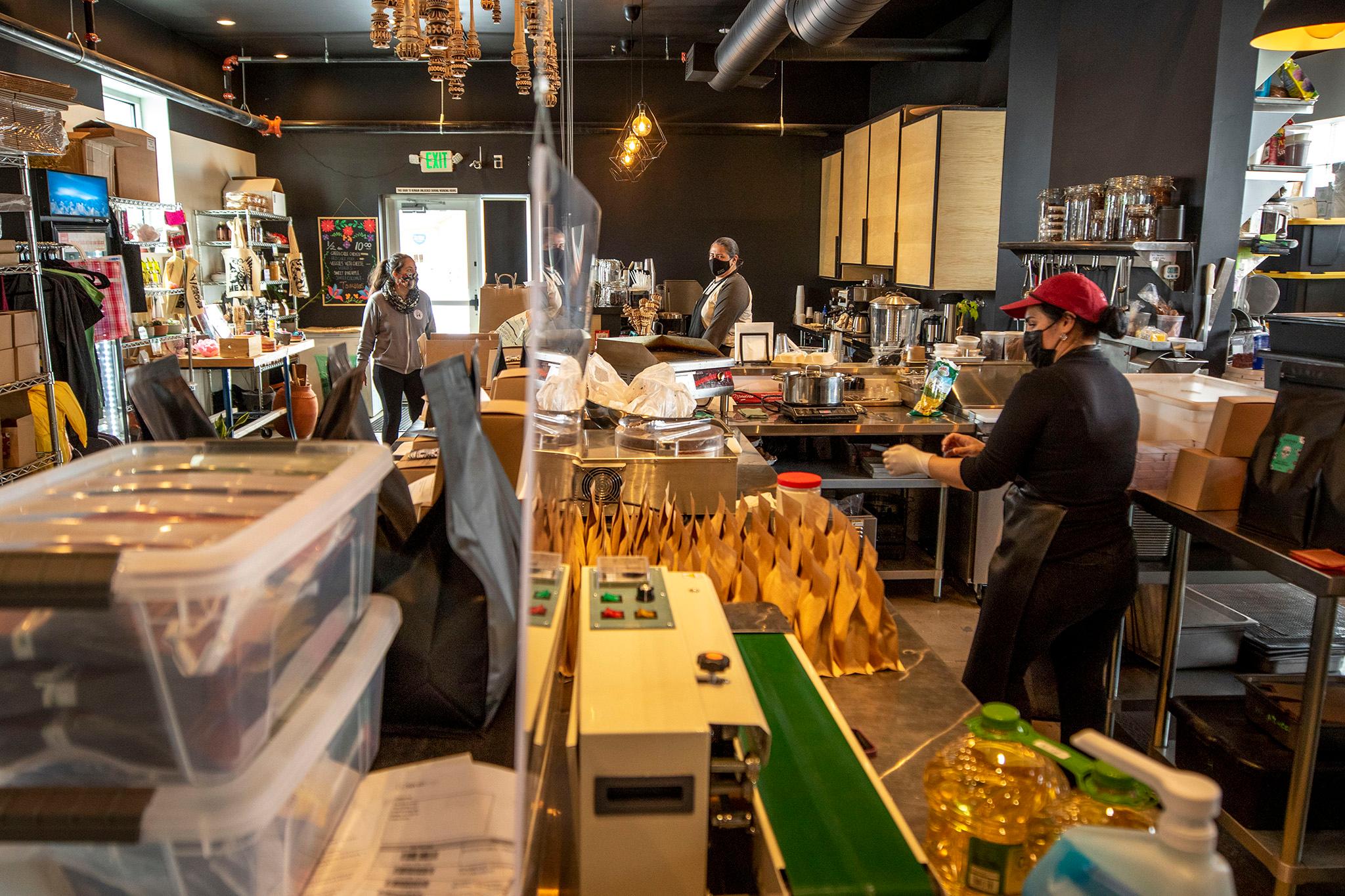
Cintrón said the partnership allows Re:Vision to stay in place and focus on its programming. ULC will focus on growing the space, which could one day be a location for affordable housing.
"ULC and Re:Vision both understand that stable housing is a critical component of health equity," Harman said. "ULC brings to the partnership a history of collaboration in affordable housing creation. Informed by Re:Vision's deep relationships in Westwood, we expect to work collaboratively to create housing concepts that might help meet community desires. What that looks like, or when, is yet to be determined. The primary driver here is to ensure this location remains a vibrant community food hub while exploring related housing opportunities."
As Denver becomes more expensive, Cintrón said she can see more nonprofits working together. ULC has previously said it's expanding its reach to Denver suburbs, where the organization can buy land cheaper,. Chicano Humanities now lives in Lakewood's 40 West Arts District. 40 West has spent the last few years helping Denver galleries and art groups stay open after they've been priced out of the city.
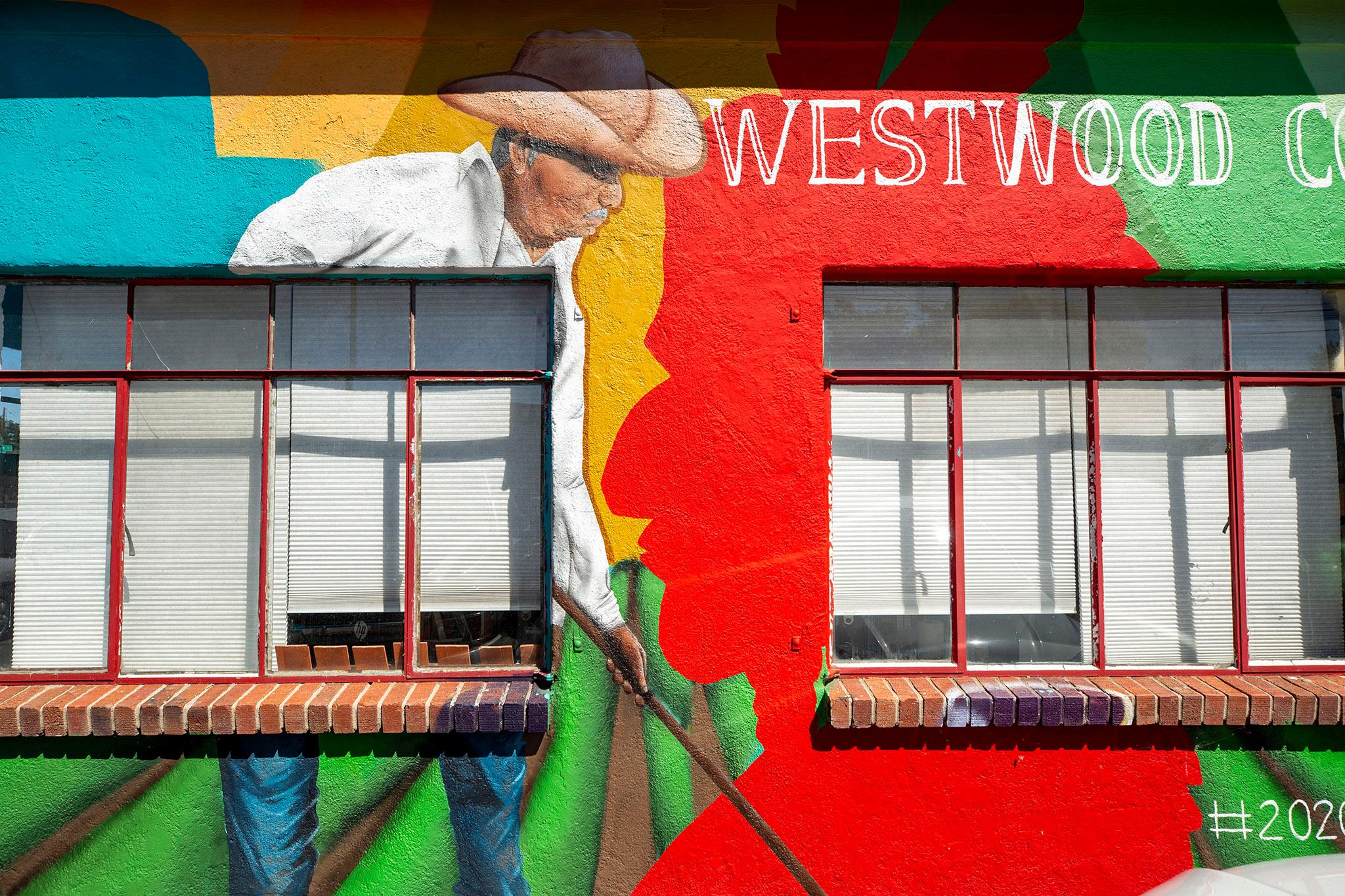
Cintrón said nonprofits are businesses regardless of their lack of profit, and after the pandemic, Re:Vision and other organizations have noted that they have to think outside the box and more like a business.
"How do we stay financially viable and sustainable, particularly knowing the space that we occupy in the community and the needs that we're meeting?" Cintrón said "If we go away, it's not just 15 jobs that go away. It's millions of pounds of food that don't get to people. It's hundreds of gardens that don't get planted. That's a deep and lasting impact. Nonprofits are starting to realize they can't be everything to everyone, so let's work together and become financially viable together."
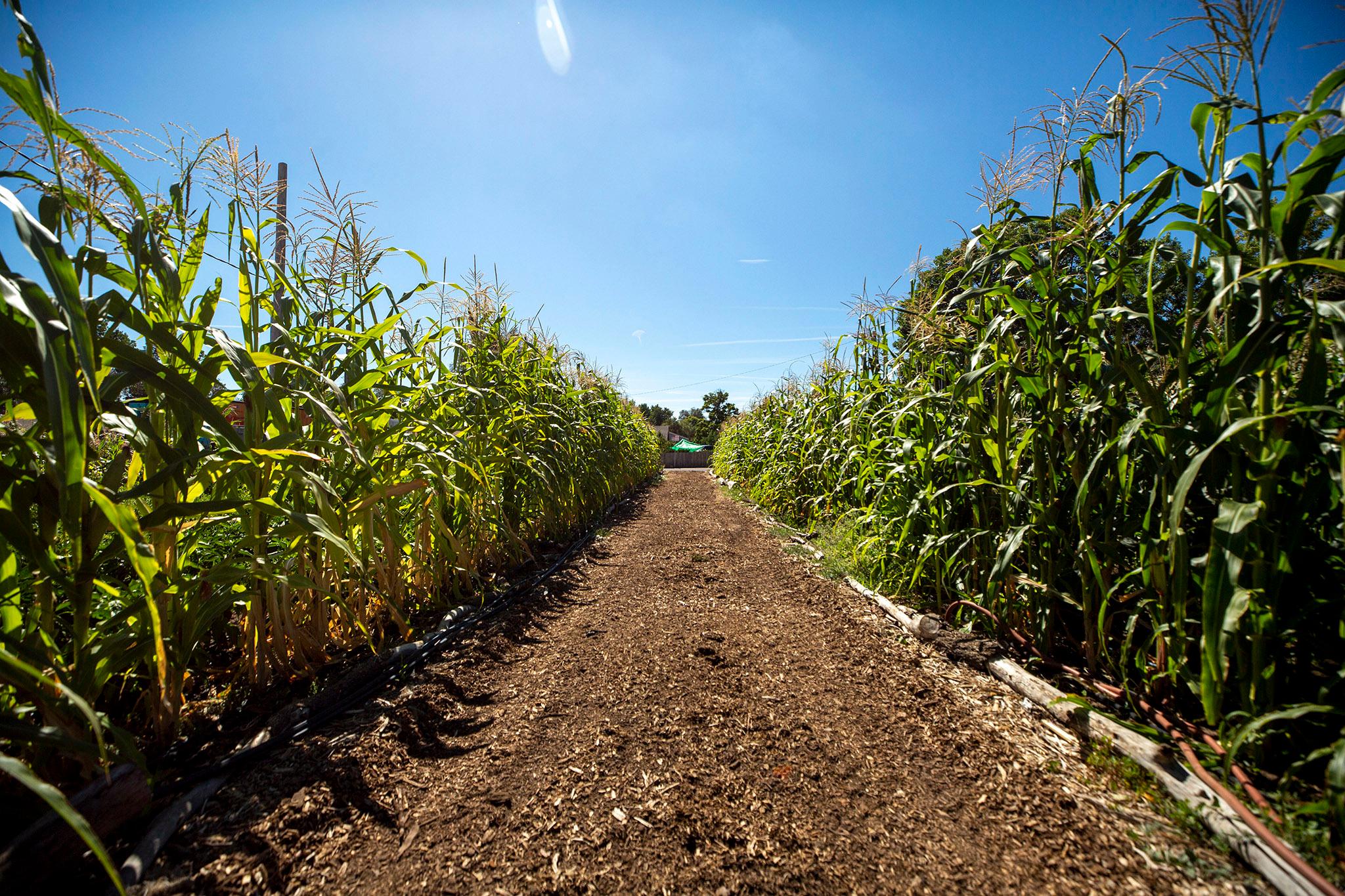
Re:Vision new executive director, Mariana del Hierro, served on Re:Vision's board, and during the pandemic, she worked with the organization on testing and vaccine outreach.
"We've been in pandemic response mode for the past two years and now we can start leading discussions within Westwood of what recovery looks like for us and the neighborhood," Del Hierro said. "When we talk about the threats and impacts of gentrification, we also need to include the organizations that are within the community. It is great to know that we will be continuing to serve this community without the risk of being displaced and we can focus our energy elsewhere. Right?"

